This summer will go down in history as one of the hottest on record, and possibly the hottest. So far, we have data only for July, which, according to the World Meteorological Organization, has entered the top three hottest “tops of summer” for the entire monitoring period. But August, contrary to expectations, turned out to be even hotter than July. And the heat is hitting mostly Western Europe. It is also warm in Russia in mid-August, but much more bearable.
The causes of the heat are called different. From quite scientifically based — the destruction of natural landscapes in the process of agricultural activity — to exotic ones — the impact on the ionosphere of powerful electromagnetic radiation from a dense network of power lines. If we analyze the maps of temperature regimes, it will become clearly visible: while everything around Europe is more or less normal, it is as if a fire is burning in the center of the Old World.
Russia suffers less, and the reason here is most likely in the natural landscapes already mentioned above. The journalism of the 1990s willingly drew attention to the fact that arable land had not been fully restored in the country after the collapse of the USSR, and now it turns out that maybe this is good: intensive agriculture still produces more products than during the times of the USSR, at the same time, fields overgrown with forests and herbs “breathe” and provide climate protection for Russia.
Let us consider the specific impact of global warming in the Old World, what weather anomalies were caused by an irresponsible attitude towards nature and inefficient fulfillment of the climate obligations assumed.
Everyone has heard about the “hunger stones” that the Rhine exposed when its level dropped (“If you see me, weep”, was written on boulders submerged in the water of the river back in the Middle Ages), but much remains outside the scope of media reports. Let’s talk about this first of all.
France
This country, along with Spain, Italy and Greece, was at the epicenter of forest fires. Oddly enough, fires have been monitored in Europe since only 2006. And this indicates that before this problem was not acute. This year, a record has almost been set in terms of the number of fires (perhaps the record will still be set, because summer has not ended yet). At the moment, 600 thousand hectares of forests have been burned. Previously, the record was set in 2017 (almost 1 million hectares).
In the southwest of France alone, more than 14,000 people had to be evacuated due to fires. The evacuation, unlike in Italy and Greece, was more organized, although in France people saw the confusion of the authorities and poor coordination of actions. For example, in the Gironde department, not only tourists and campers (there are many in this region) were evacuated, but even security guards. Campsites and holiday homes were left abandoned. This had a negative impact on the entire tourist season. These places have never seen such a catastrophe. Naturally, here, as in hundreds of other places around the country, there was not a trace of tourists left. Considering that many farmers also receive income from rural tourism, they have suffered twice: from the drought that destroyed their crops, and from the disappearance of tourists.
The highest (orange) level of danger has been declared in 38 out of 96 regions of the country. In some subjects, the thermometer reached the forty degree mark.
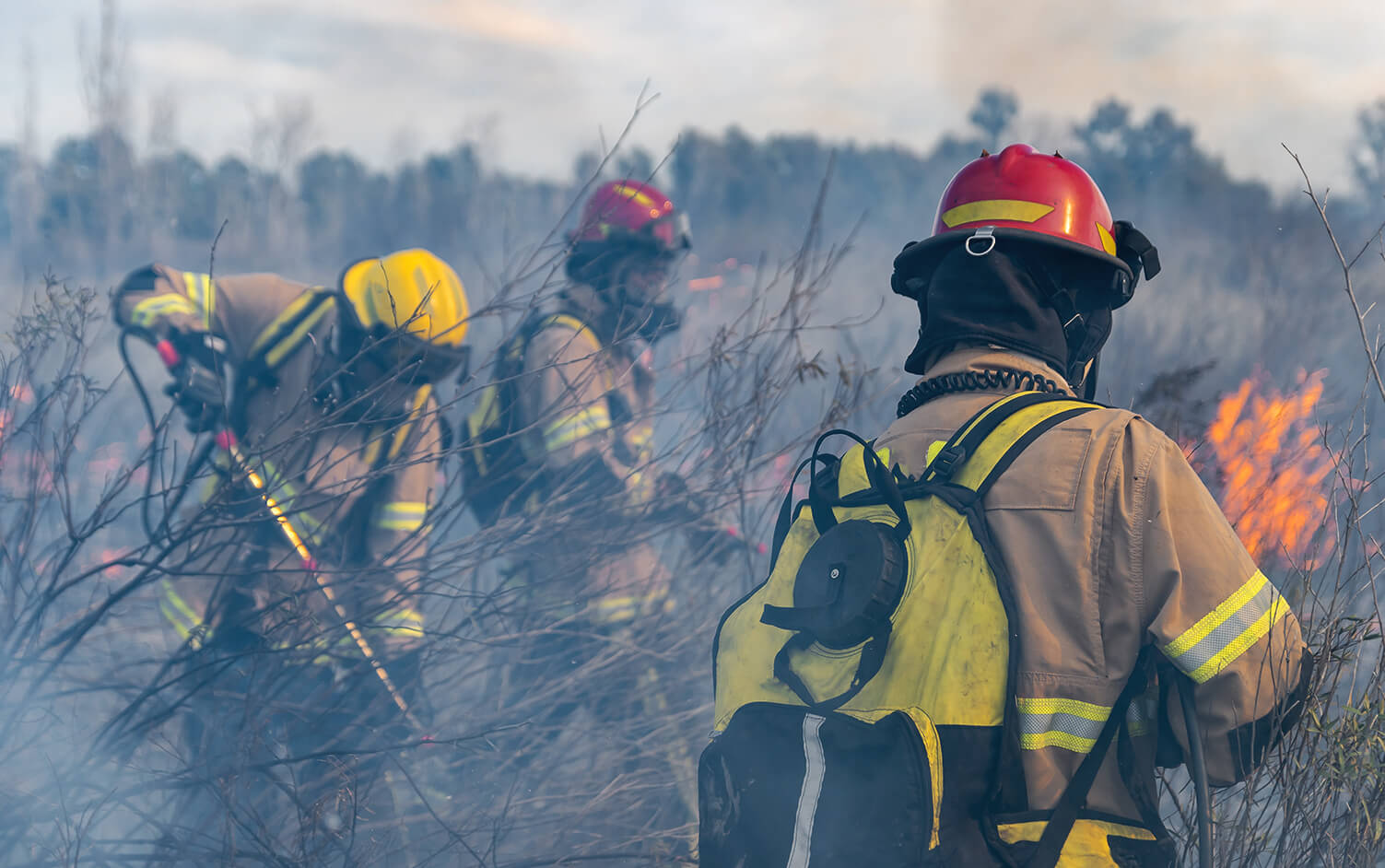 Photo by: Cristian Martin / iStock
Photo by: Cristian Martin / iStock
Germany
This country faced a serious problem: the Rhine River, which was not just a tourist attraction, but also an economically important artery of the country, was almost completely shallow. Navigation on the Rhine has been stopped, in many places the river can be forded, and in some places it can also be crossed by land. People walk on rocks and pebbles that have been underwater for centuries. Another environmental disaster was added to this: due to the high temperature of the water, deprived of oxygen, fish die. Tons of dead fish begin to pose a bacteriological threat to vast territories. A similar situation is also developing on large rivers in Poland.
And, of course, farmers in Germany are also suffering from drought. The situation is aggravated by the upcoming energy difficulties (gas shortage) in the winter, which can lead to ruin in the industry. It is already clear today that one cannot count on the harvest, and even what is harvested will not be able to be processed due to a shortage of fuel. There is only hope for state aid.
Meanwhile, on the border with France, the services of the two countries are fighting forest fires. But the geography of fires is wider: local foci flare up even in relatively northern and cold regions. So, the inhabitants of three villages near Berlin were hastily evacuated, as the flames approached directly to their homes.
Italy
Forest fires are raging in this country, as in others, but it is in Italy that we have witnessed a real climatic exodus of thousands of people. Local bloggers express fear that this is a prototype of what will happen when global warming unfolds in full force in the Old World. Due to a fire near the Tuscan city of Lucca, gas cylinders exploded. As a result, residents of the surrounding area, and then the entire region, rushed to central Italy, where it was cooler, and there was nothing much to burn after the forest fires of previous years.
Greece
This country also showed, like Italy, an example of large-scale climate flight. In the regions north of Athens, powerful forest fires have been raging for several summers. Therefore, thousands of people rushed from there to the capital of the country. Thus, the governments of Western countries demonstrate an inability to accumulate experience in the fight against the elements: although these regions of Greece are clearly a fire hazard, for specific people this is an “unexpected” threat from year to year, and they find themselves face to face with the elements, without the help of the authorities.
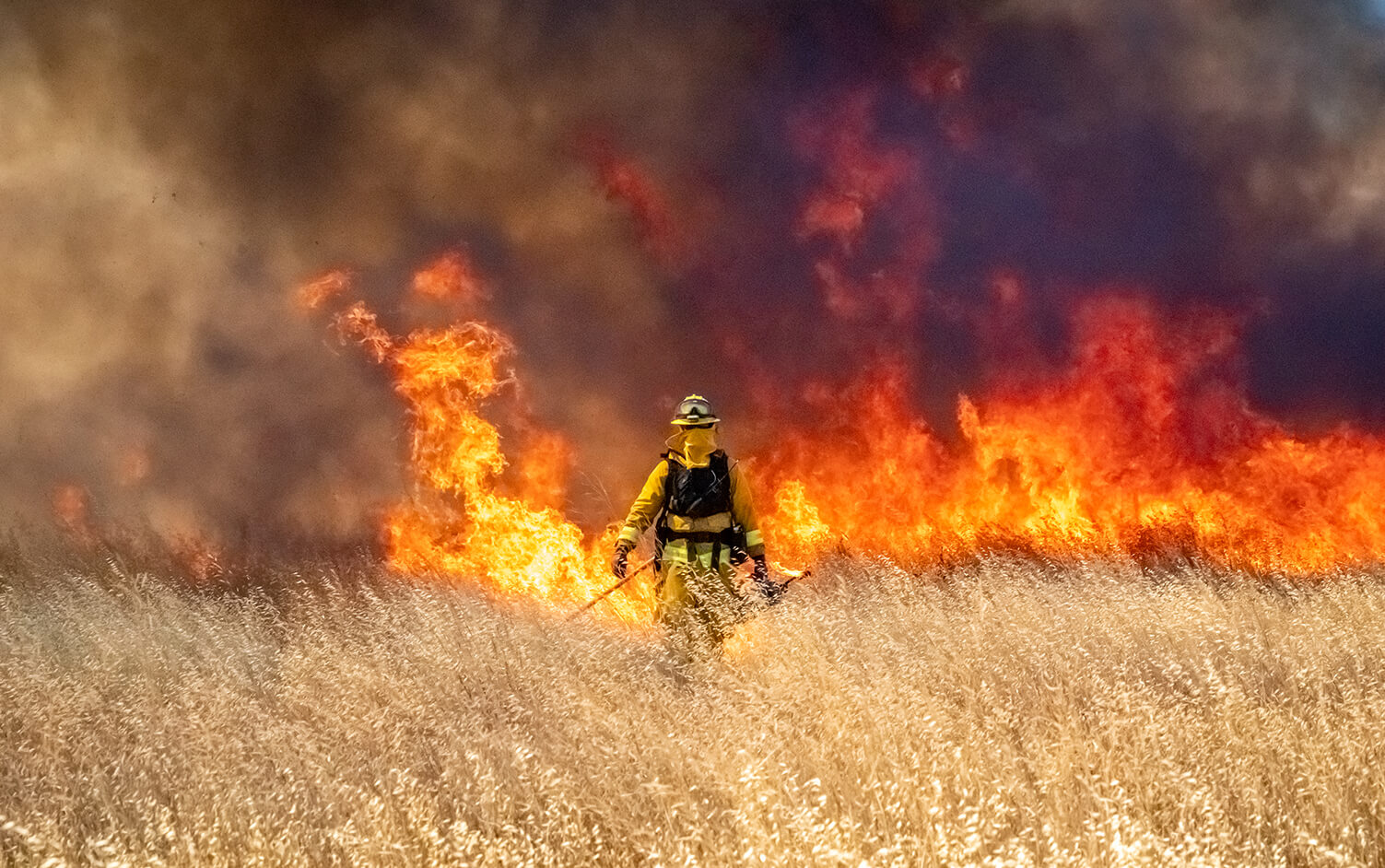 Photo by: Kara Capaldo / iStock
Photo by: Kara Capaldo / iStock
Spain
Spain has suffered a climate shock of the same magnitude as Greece, but is coping with the threats somewhat better. Although both countries do not leave the “red” border of the economic threat and constantly balance on the brink of crisis, Spain allocates more funds to fight fire than Greece, and the work of operational services is better organized.
But the scale of forest fires in this country exceeds those in Greece. According to local media, Spain has never experienced anything like this. The greatest damage from fires occurred in the northwestern province of Zamora: more than 30,000 hectares of forest and meadows were destroyed there.
By some estimates, Spain and neighboring Portugal are experiencing the worst drought in 1,200 years. It is difficult to judge whether this is so, since there were no direct temperature measurements before the 19th century and one could rely only on indirect signs (annual rings, pollen accumulation), but this opinion seems to be not far from the truth.
Great Britain
In this northern country, the absolute historical maximum heat for these places was recorded in July: the temperature rose to 34 °C (in some places up to 36 °C). There are few forests in the UK, but many fields that are actively burning: a massive drought has hit 60% of the territory, except for the northernmost suburbs (where there is practically no agricultural activity). It is difficult to say how much drought can turn into famine and food shortages in stores (the country imports a lot from abroad; however, drought is not only observed in Europe), but the survival of farmers depends on the harvest, and ruin threatens about two-thirds of agricultural producers. This means social collapse. Government assistance in the EU and the UK is usually large-scale, but against the backdrop of the global financial crisis, it will clearly prove to be insufficient.
Households — and not only — in the UK, have already faced water supply restrictions. And if in Spain they limited the use of showers on the beaches, then in the UK in a number of places water is already supplied to houses according to the schedule, which is much more serious. Experts say that this is only the beginning: once the water balance is destroyed, it will not be so easy to restore.
In general, almost all European countries face water supply restrictions.
What Will Happen Next
Of course, winter will bring cooler temperatures, but autumn also promises to be dry and warm, so the problems associated with water shortages will not be overcome quickly. European leaders must understand that they are entering a climate disaster. Today, we can speak with confidence about the economic consequences. According to the World Bank, it is quite possible to plunge into a recession soon. For the EU economy, which is teetering near zero economic growth and whose key sectors are built on subsidized funds issued, this is tantamount to a disaster. A 1-2% drop in GDP in Germany is not at all the same as a 1-2% drop in China or India.
“Climate-minded” economists, who repeatedly warn leaders about the possible consequences of climate change on the environment, turned out to be right: the climate has really become the most important factor determining the state of the economy.
Author: Ivan Sleptsov
Cover photo: redcharlie / Unsplash
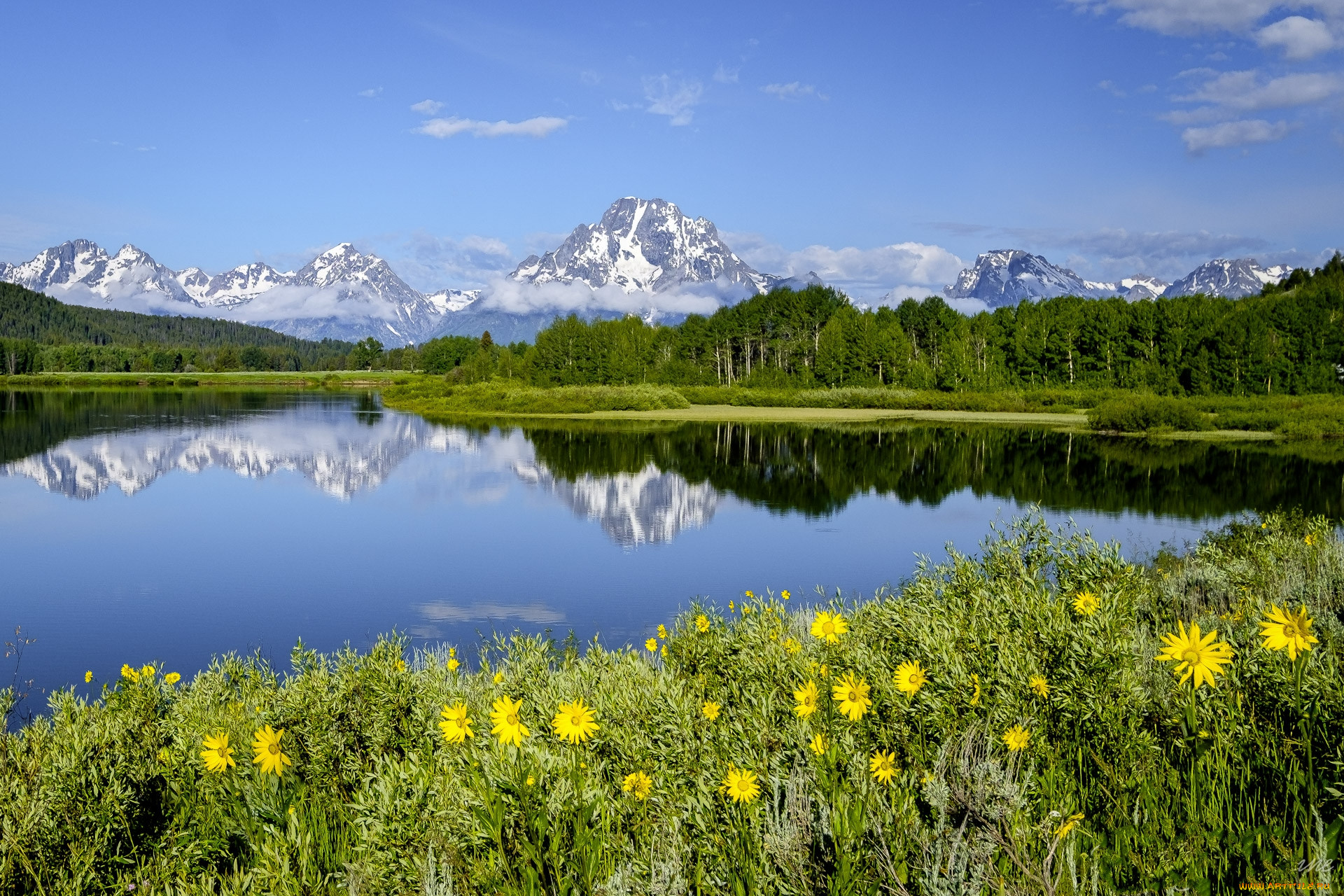


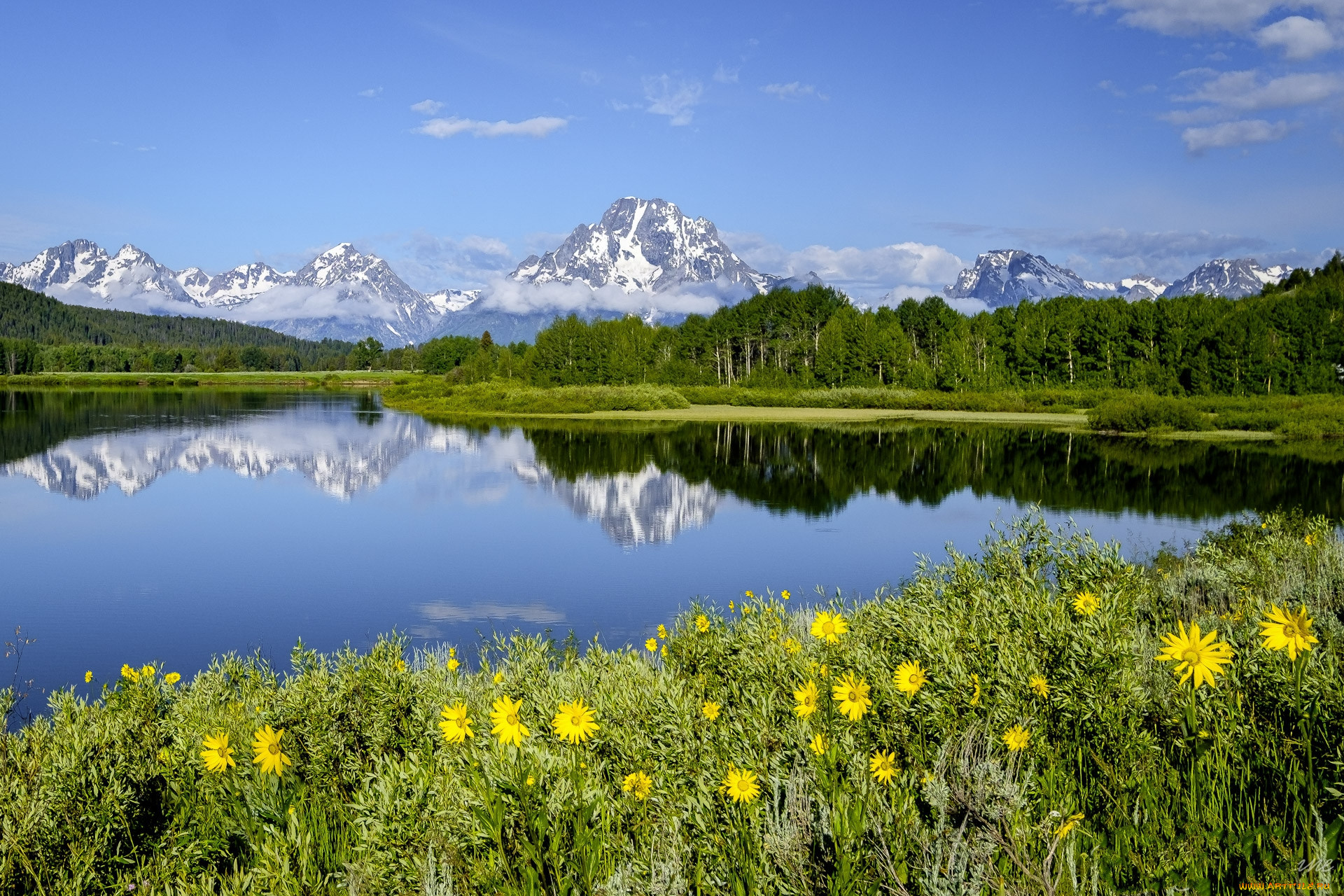
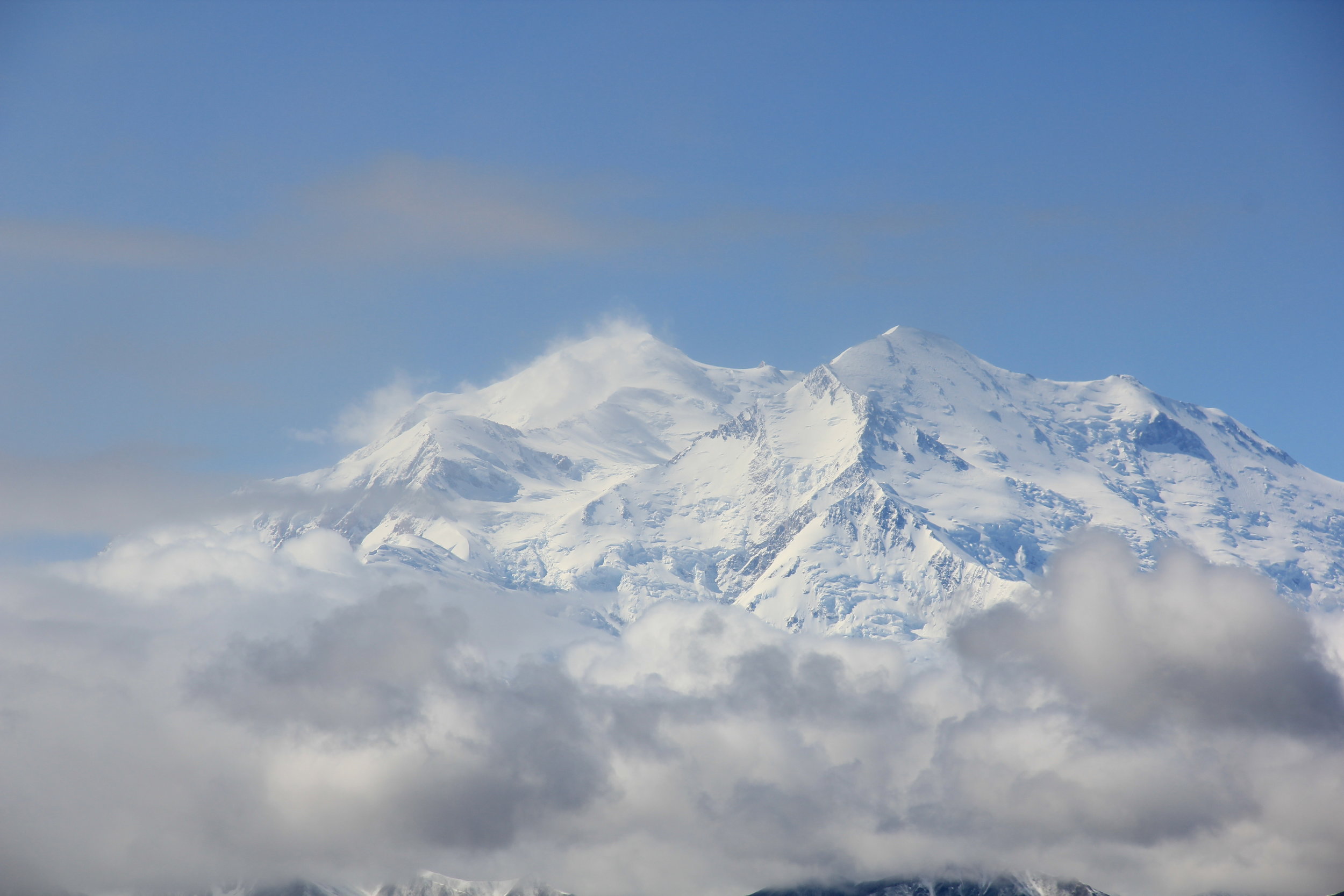



Comments